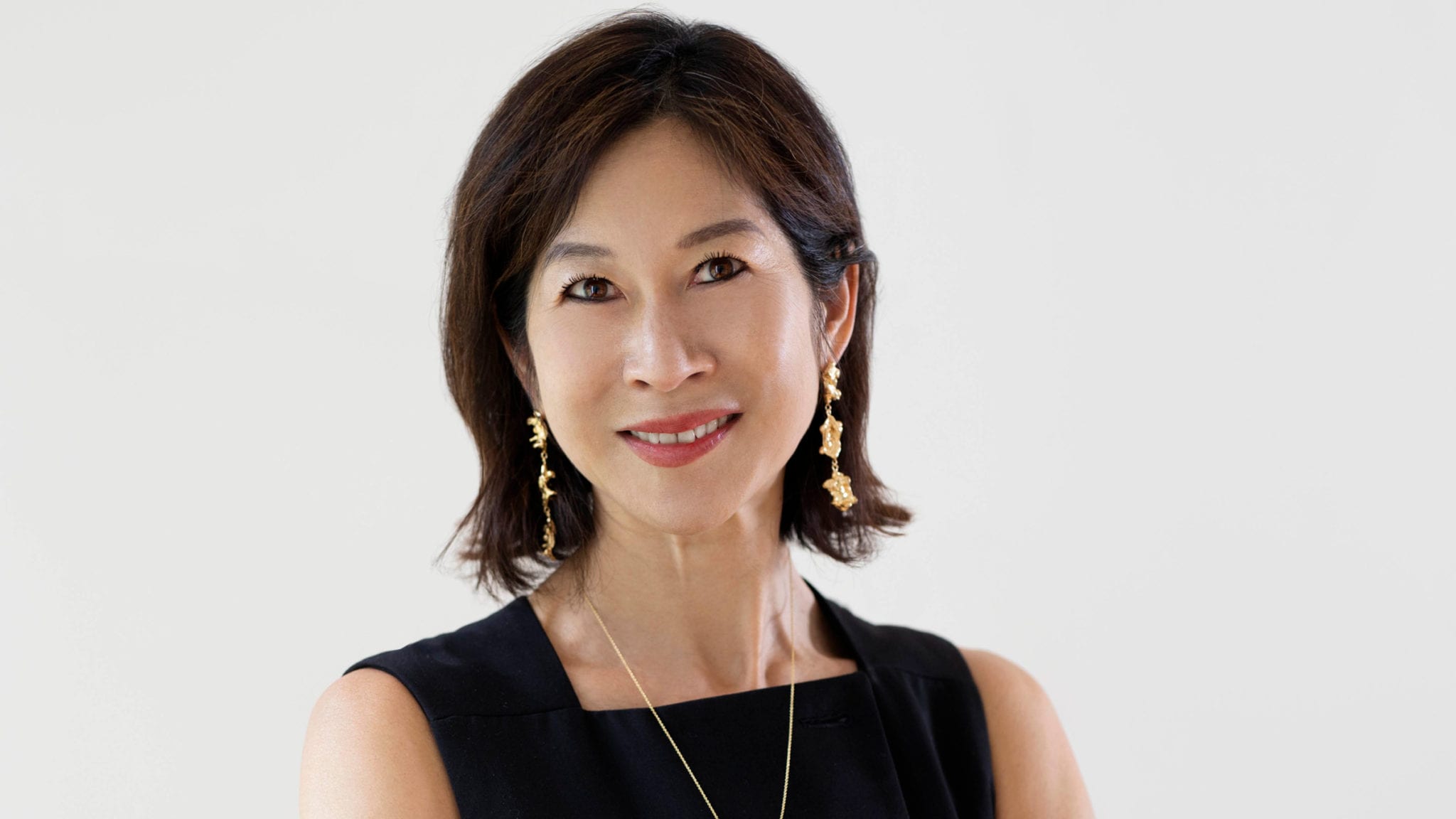
Perceptive's $310M US/China play woos new CEO from Eli Lilly's top-speed bamlanivimab team
For any fledgling biotech, recruiting the right CEO is crucial. But it’s an especially tough find for the new generation of cross-border startups with global ambitions.
Ideally, you want someone who is ready to blaze a speedy path from clinical development to launch and be well-equipped to manage the product life cycle — which requires a level of insider knowledge about how US and European companies operate and how to navigate regulatory and commercialization landscapes in China.
Unlock this article instantly by becoming a free subscriber.
You’ll get access to free articles each month, plus you can customize what newsletters get delivered to your inbox each week, including breaking news.